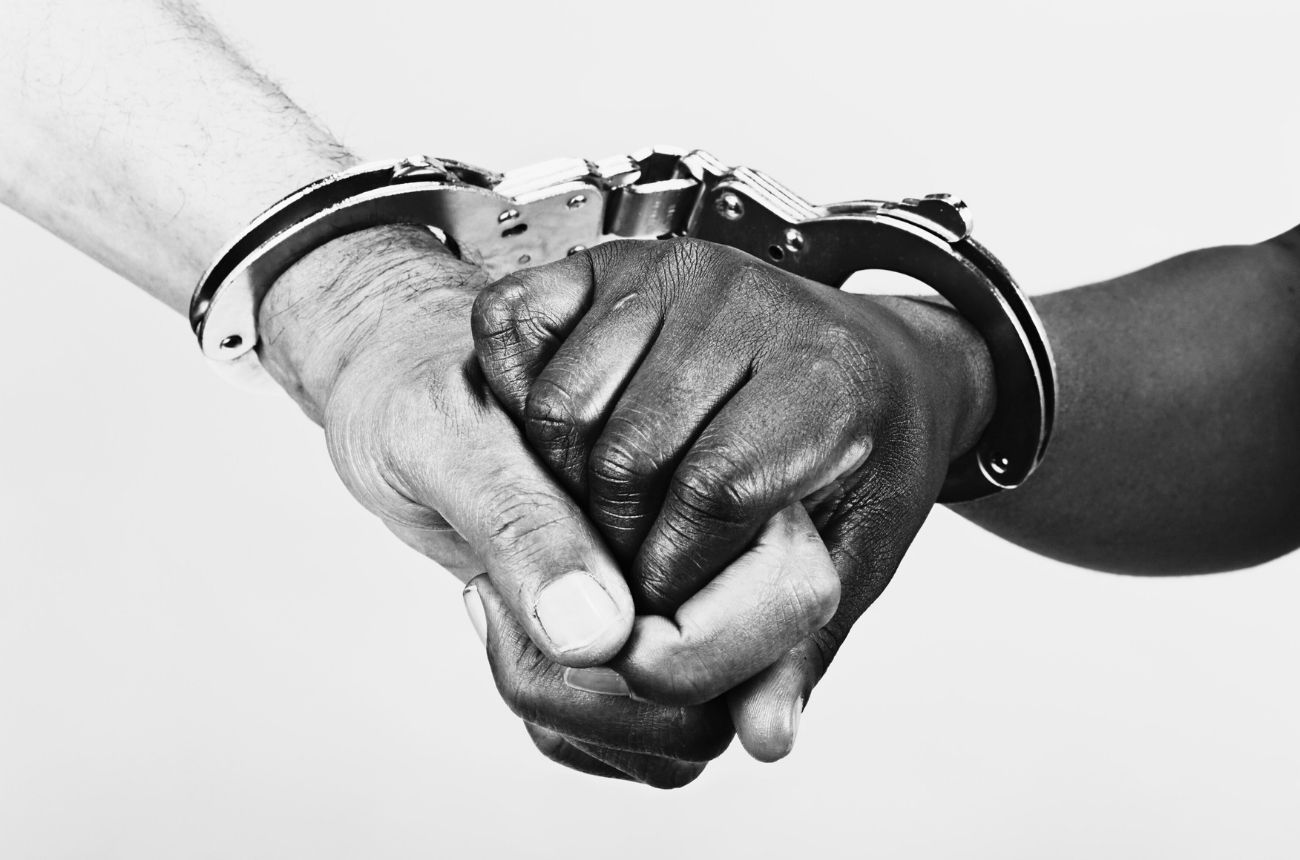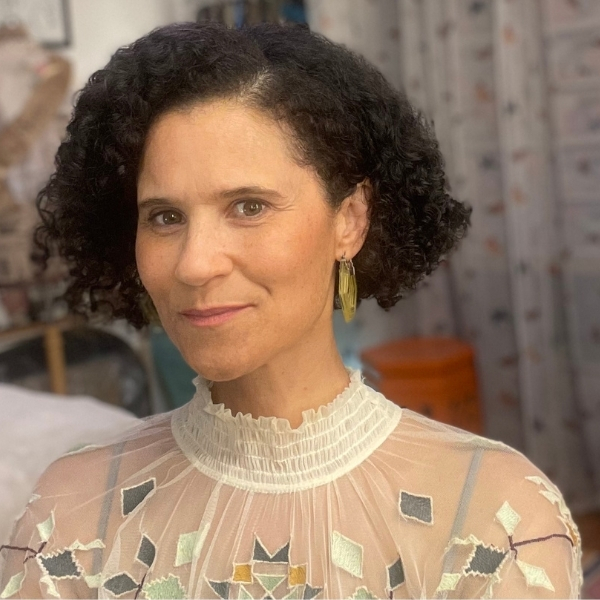
Ain't Musing Around
Power Has Trust Issues: Who Invited the National Guard to the Cookout?
I’ve been thinking about power: where it pools, where it leaks, and what it feels like in our hands.
Where can you cede power?
Where can you empower others, and when does empowerment make you more powerful?
Where does power bubble up?
Where does power drain out?
Think bottlenecks, oppressive systems, or hierarchies. A hierarchy looks stable, like a pyramid, but it’s actually an inverted funnel: the top is wholly dependent on its base propping it up. That dependency is disguised as stability; in reality, it siphons energy away from the bottom tiers. Hierarchies are built to disperse power upward while making individuals and smaller units feel powerless by design.
I’ve seen this close up; you probably have, too.
Confession: I spent years working for a white man who used his former gang affiliation and his subsequent transformation into a “self-made” millionaire as his calling card. He built a whole brand around his relationship to violence and poverty, glossing over the privilege and proximity to power his whiteness afforded him. His mom married a wealthy man who gave him odd jobs and motivational tapes, that was access. A judge showed leniency and decided juvenile detention wasn’t where he belonged; he benefited from the racial disparities in youth incarceration. He had a gated community to retreat to when he wanted out of gang life, a place where neighbors woke up already feeling secure.
For a few years I helped enable that glorified narrative, and I have shame about it. Not everyone gets to be believed when they say they’ve changed. Not everyone gets a second chance, let alone applause. Not everyone wakes up feeling safe or housed.
And here’s the truth his story underlined: violence can be made sexy, survivable, even marketable, if your skin is white. For him, violence was a narrative arc, a temporary detour on the road to redemption and prosperity. For Black and brown youth, the same choices can fast-track them to adult prisons. Our communities are disinvested, redlined, gentrified, and too often labeled “dangerous.” They’re policed with military-grade equipment funneled in through programs like 1033, turning neighborhoods into occupied zones. That’s the difference between power and privilege: who gets to turn danger into an escape-room plot twist versus who gets danger delivered to their doorstep in armored trucks.
We’re seeing this dangerous double standard play out in threats to deploy the National Guard to Chicago and Baltimore, tactics already used in Los Angeles and D.C. He says the target is “crime,” but the bullseye is Blackness. This administration isn’t interested in safety—DC's crime rate is at a 30-year low—it’s interested in control. It performs paternal care while weaponizing anti-Blackness into policy. If you want safer communities, you stabilize housing and protect health care access. You create opportunities. You invest in people’s actual lives. What you don’t do is declare Black-majority neighborhoods or Black-led cities “dangerous” and usher in a militant occupation. That’s not strategy—it's racist theater; it's state-sponsored violence; it’s fascism.
Which brings me back to the question: what is power really doing?
Does power face outward, policing the perimeter? Or does it face inward, fortifying and protecting what’s inside?
I think power can be used to build structures that hold some people up while locking others out. Where oppressive power creates division and scarcity, empowerment can be a powerful tool: a hammer you can build with, a skill you can pass along, a brick you can throw at a barrier that should never have been there in the first place. Unlike power, empowerment doesn't need to be guarded and fenced in. It travels. It glows. It connects.
That’s what fascinates me most, the ways we build, share, and dismantle, together. The way empowerment rushes past the gates that oppressive power constructs.
A note about this column:
This is a pollination zone. Each month I’ll explore overlapping themes of womanhood, work, justice, identity, tech, change, and whatever else buzzes through the cultural air. Sometimes it’ll be soft. Sometimes it’ll bite. But it will always make room for complexity. Like the rest of us, I contain multitudes, and at least one of them has something to say.
Expect riffs on:
- What leadership looks like through a neurodivergent lens.
- How to build more inclusive spaces, with humor and fewer miscommunications.
- What we’re owed, what we carry, and what we can disrupt together.
There will be side quests. There will be sister references. There will be jokes.
Mostly, this is a place to muse out loud about being human, and being a woman or femme-identifying person navigating a world still stuck in patriarchy’s dull group chat.
We’re not musing around. We’re building something.
Hasina Deary is a behind-the-scenes communications strategist and inclusive marketing consultant for C-Suite, A-listers, and progressive brands. She pollinates ideas for brands and socially conscious executives who are using their companies as a platform for change. Hasina has over 20 years of C-Suite facing experience and a history of managing special projects for Tom Clancy, Madonna, Jennifer Lopez, Michael Ovitz, Will Smith, Joss Stone, The CW, New Regency Productions, Salesforce, and Apple TV+. Beyond the corporate realm, she's a trusted advisor to nonprofit leaders, providing guidance and hands-on project management to advance their community impact. www.ThePollinatorGroup.com

Lorem ipsum dolor sit amet, consectetur adipiscing elit. Suspendisse varius enim in eros elementum tristique. Duis cursus, mi quis viverra ornare, eros dolor interdum nulla, ut commodo diam libero vitae erat. Aenean faucibus nibh et justo cursus id rutrum lorem imperdiet. Nunc ut sem vitae risus tristique posuere.
Lorem ipsum dolor sit amet, consectetur adipiscing elit. Suspendisse varius enim in eros elementum tristique. Duis cursus, mi quis viverra ornare, eros dolor interdum nulla, ut commodo diam libero vitae erat. Aenean faucibus nibh et justo cursus id rutrum lorem imperdiet. Nunc ut sem vitae risus tristique posuere.